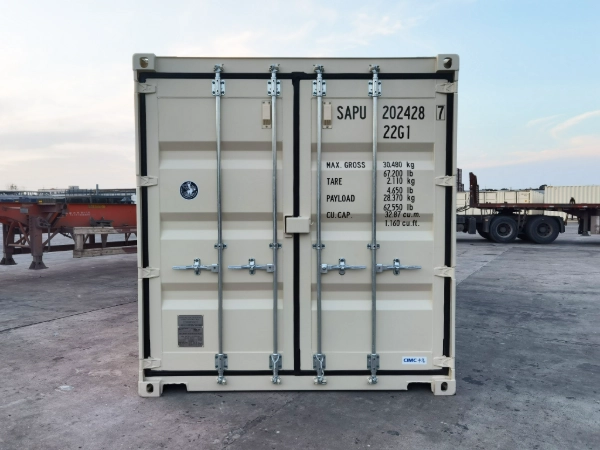In today's fast-paced world, the transportation industry is constantly evolving to meet the growing demands of efficiency, sustainability, and convenience. As technology continues to advance, new forms of transport are emerging, revolutionizing the way we travel. In this blog post, we will explore the newest form of transport that promises to reshape our future.
- Hyperloop: The Next Generation of High-Speed Travel
The Hyperloop, a brainchild of Elon Musk, is a futuristic transportation concept that combines magnetic levitation, low-pressure tubes, and electric propulsion to transport passengers and cargo at incredible speeds. With the potential to reach speeds of up to 700 mph (1,100 km/h), the Hyperloop aims to reduce travel times drastically while minimizing environmental impact. This revolutionary mode of transport has the potential to transform long-distance travel, making it faster, safer, and more sustainable. - Electric Vertical Takeoff and Landing (eVTOL) Aircraft: Urban Air Mobility
As cities become more congested, the need for efficient urban transportation solutions grows. Electric Vertical Takeoff and Landing (eVTOL) aircraft, commonly known as flying taxis, offer a promising solution. These electric-powered aircraft can take off and land vertically, eliminating the need for traditional runways. With the ability to navigate through urban airspace, eVTOLs can provide a faster and more direct mode of transportation, reducing traffic congestion and carbon emissions. Companies like Uber, Airbus, and Volocopter are already investing in this technology, aiming to make urban air mobility a reality in the near future. - Autonomous Vehicles: Redefining the Way We Travel
Autonomous vehicles, or self-driving cars, have been making significant strides in recent years. Powered by artificial intelligence and advanced sensors, these vehicles can navigate roads without human intervention. With the potential to enhance road safety, reduce traffic congestion, and optimize fuel efficiency, autonomous vehicles are set to revolutionize the transportation industry. Companies like Tesla, Waymo, and Uber are at the forefront of this technology, continuously pushing the boundaries of what autonomous vehicles can achieve. - Maglev Trains: Effortless High-Speed Rail Travel
Magnetic levitation (Maglev) trains have been in development for several decades, but recent advancements have brought them closer to becoming a mainstream mode of transport. Maglev trains use powerful magnets to suspend and propel the train above the tracks, eliminating friction and allowing for incredibly high speeds. With speeds exceeding 300 mph (480 km/h), Maglev trains offer a faster and smoother alternative to traditional rail travel. Countries like China, Japan, and Germany have already implemented Maglev train systems, showcasing their potential for revolutionizing long-distance travel.
Conclusion:
The transportation industry is undergoing a remarkable transformation, driven by technological advancements and the need for more sustainable and efficient modes of transport. From the Hyperloop's supersonic speeds to eVTOLs' urban air mobility, autonomous vehicles' potential, and Maglev trains' effortless rail travel, the future of transportation holds immense promise. As we embrace these innovations, we can look forward to a world where travel is faster, safer, and more environmentally friendly.


